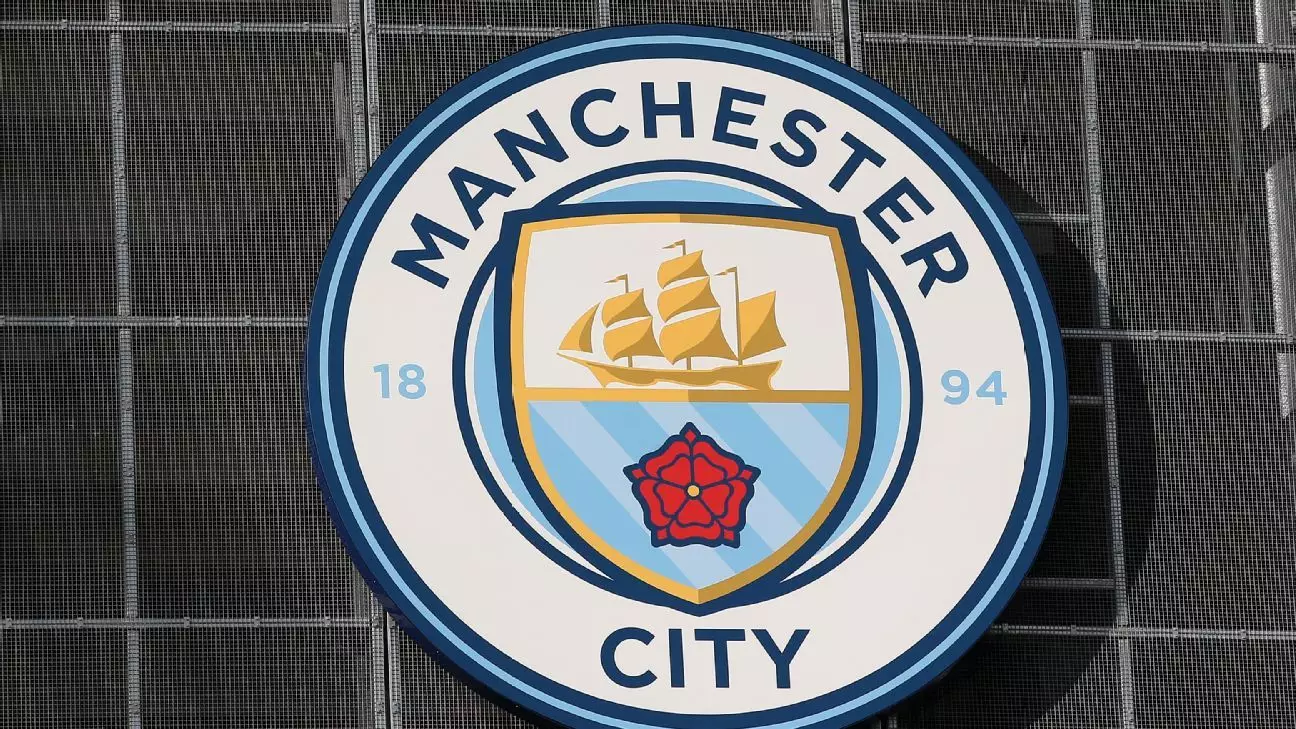In the realm of professional football, few narratives have stirred as much debate and intrigue as the impending hearing for Manchester City regarding 115 alleged infringements of Premier League financial regulations. This October, Pep Guardiola expressed his eagerness for the process to commence, highlighting a crucial moment not just for the club but also for the integrity of football governance. Since the accusations surfaced in February 2023, the atmosphere has been charged with speculation and apprehension, as the independent commission’s deliberation looms large.
The Stakes Involved
The possibilities that await following the hearing are staggering. If Manchester City is determined guilty, penalties could span from hefty fines and point deductions to a drastic expulsion from the top tier of English football. These potential repercussions range in severity, shedding light on the critical nature of compliance within the sport. However, Guardiola’s focus remains unwavering; he has indicated that discussions surrounding the charges are minimal within the team’s circle, emphasizing a commitment to unity and performance on the pitch rather than legal entanglements. “We are not lawyers,” he pointedly remarked, suggesting that such thoughts are best left to experts as the players concentrate on their objectives.
What’s particularly noteworthy is the timing of these charges. Manchester City has enjoyed remarkable success, clinching four consecutive Premier League titles and solidifying its status as a football powerhouse. The emergence of these allegations parallels a growing resentment among some factions within the football community, with a palpable desire for accountability in the face of success. Guardiola’s comments hint at an understanding of this sentiment, as he notes, “I know what people are looking for.” Nevertheless, he remains steadfast on the principle of presumed innocence until proven guilty, a pivotal philosophy that underlines the legal process at hand.
At the heart of this saga lies a multifaceted examination of financial fairness and ethical conduct within football. The charges, spanning a fourteen-season timeline, cover an expansive range of infringements—from discrepancies in player payments to breaches of the Premier League’s profit and sustainability rules. This comprehensive scrutiny not only questions Manchester City’s adherence to regulations but also raises broader concerns about financial accountability across the league.
As the hearing unfolds, all eyes will be on the independent commission’s forthcoming decision early next year. Guardiola’s anticipation reflects a collective hope—for closure in a case that has overshadowed recent seasons. The outcome will undoubtedly resonate beyond Manchester City, holding implications for clubs throughout the Premier League. As fans, players, and stakeholders await the commission’s verdict, the importance of justice and transparency in the beautiful game has never been more pronounced. In a landscape marked by controversy and competition, this hearing could redefine financial governance within football and set a precedent for the future.

Leave a Reply